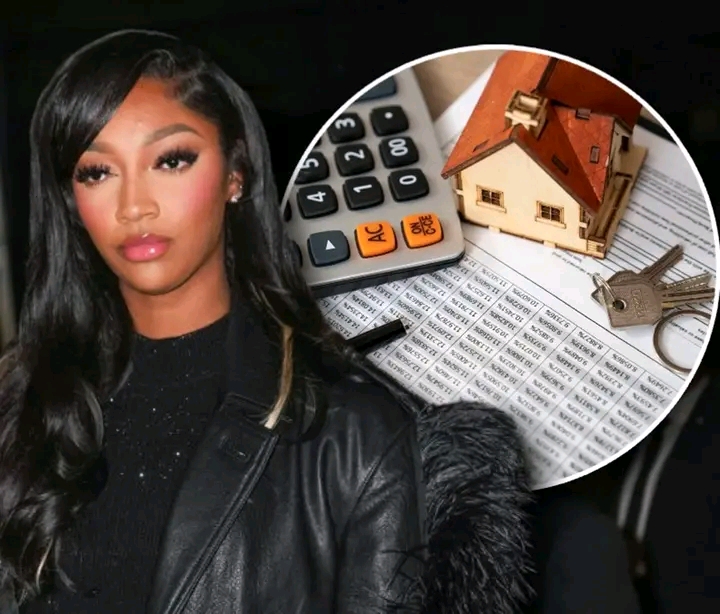Angel Reese Raises Concerns Over WNBA Salaries, Warns of Possible Strike
Angel Reese, the 22-year-old basketball star and recent WNBA draft pick, has sparked discussions about the financial challenges faced by professional women’s basketball players. In a recent statement, she pointed out that her current WNBA salary of $73,439 is insufficient to cover her living expenses, including her reported $8,000 monthly rent. This revelation sheds light on the ongoing debate about wage disparities in professional sports, particularly between the WNBA and the NBA.
Reese, known for her stellar college career at LSU and her strong personal brand, is among a new wave of WNBA players advocating for higher pay. While her base salary falls in line with standard rookie contracts, she emphasized that financial struggles are common among WNBA athletes, many of whom must seek alternative income sources to sustain their lifestyles.
Pay Disparities in the WNBA
Compared to their NBA counterparts, WNBA players earn significantly less. The league’s average salary is estimated to be around $120,000, while star players can make up to $250,000 with bonuses and incentives. However, this is a fraction of what NBA players earn, with even bench players making several million dollars per year.
One of the primary reasons for this pay gap is the difference in revenue generation. The NBA brings in billions annually through television deals, sponsorships, and ticket sales, whereas the WNBA operates on a much smaller financial scale. While the WNBA has seen growth in viewership and commercial interest, it still struggles to generate the kind of revenue needed to support significantly higher salaries.
Players Seeking Alternative Income
To make up for the relatively low salaries, many WNBA players pursue additional income streams. Some play overseas during the offseason, where they can earn substantially higher wages, sometimes exceeding their WNBA earnings. Others, like Reese, leverage brand deals, social media influence, and sponsorships to supplement their income.
Reese, in particular, has been successful in securing endorsement deals, thanks to her strong presence on social media and her popularity from her college days. While she likely earns more from endorsements than her WNBA salary, her statement underscores the reality for many players who do not have the same level of marketability.
Potential Strike and the Future of WNBA Salaries
Reese’s warning about a potential strike is not without precedent. WNBA players have pushed for better compensation and working conditions in recent years. In 2020, the league and the players’ union reached a collective bargaining agreement that increased salaries, improved travel accommodations, and introduced maternity benefits. However, many players believe that more progress is needed.
If a strike were to occur, it could bring increased attention to the issue of WNBA pay disparities. However, the league’s financial structure and revenue constraints will play a significant role in determining how much salaries can realistically increase.
As the WNBA continues to grow, the conversation around player compensation will likely intensify. Reese’s comments add to the ongoing debate and highlight the challenges faced by professional women’s basketball players as they fight for fairer wages and better financial security.





























